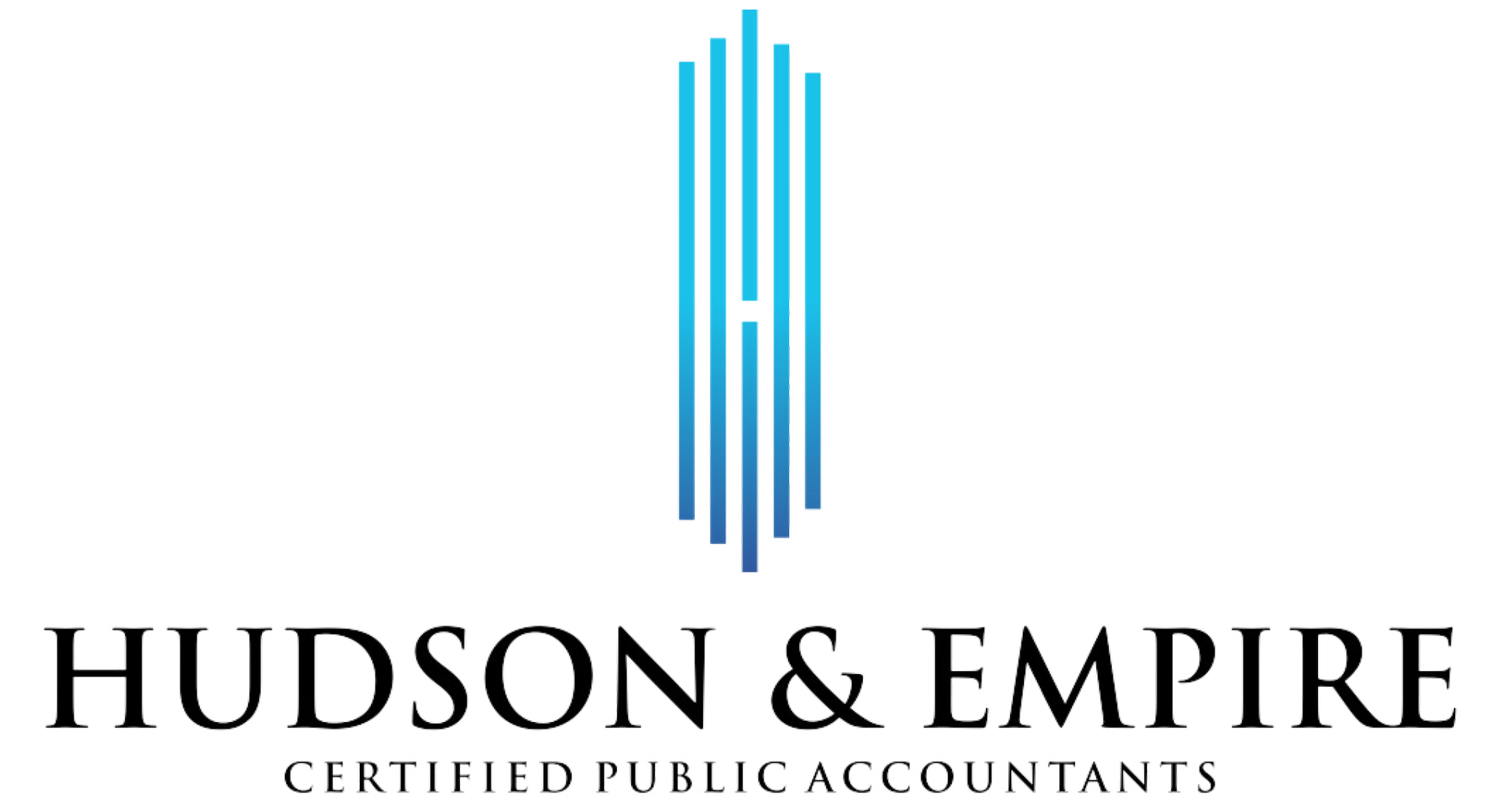Traditional vs. Digital Accounting: Key Differences Explained
Accounting has moved from handwritten ledgers and manual calculations to streamlined digital systems. Today, we have different tools to manage finances. But are these technological advancements beneficial? How are they different from traditional methods?
Let’s learn the pros and cons of traditional and digital accounting to determine which is better for managing your finances.
What is Traditional Accounting?
It’s a manual accounting approach in which paper-based documents such as ledgers, journals, and spreadsheets manage finances. Here, transactions are entered manually into accounting books, which are then stored physically. In traditional accounting, a transaction has a debit and credit entry.
Tools and Methods Used
Some of the core tools of traditional accounting include:
Paper Ledgers: Financial transactions are recorded in a physical book.
Manual Calculations: Accountants use calculators to calculate totals and subtotals.
Invoices and Receipts: They are manually filed and kept for record-keeping and tax purposes.
Advantages of Traditional Accounting
Despite its outdated nature, traditional accounting does have some advantages:
Personal Touch: Traditional accounting takes a more personal, hands-on approach. If you like to keep track of your finances yourself, it’s a good choice.
Security: In areas that have limited internet access, or when cloud storage is unreliable, paper records may seem more safe for businesses.
Cost-Effective for Small-Scale Operations: It is affordable, especially for small businesses and sole proprietors.
What is Digital Accounting?
Digital accounting, or computerized accounting, uses technology to record and control financial transactions. Here, different types of software and online tools are used to create invoices, payrolls, and tax reports.
Unlike the traditional method, digital accounting allows remote access to data.
For modern businesses, it is the go to option for faster, more accurate, and more scalable finance management.
Tools and Technologies Used
Some of the most popular tools in digital accounting include:
Accounting Software: Invoicing, payroll, and filing tax are automated by programs such as QuickBooks, Xero, and FreshBooks.
Cloud Accounting: QuickBooks Online and Zoho Books are platforms where you can access financial data from anywhere, anytime.
Automation Tools: Bank reconciliations and financial report generation are tasks automation software can do to save time and effort.
API Integrations: A lot of digital accounting systems can connect with other business tools like CRM or inventory management software.
Advantages of Digital Accounting
Here’s why digital accounting has become the preferred choice for many businesses:
Efficiency and Speed: Automation means you can repeat tasks like data entry, calculations, reporting, etc, in a fraction of the time.
Real-Time Access: Cloud-based solutions give instantaneous access to your financial data regardless of where you are, making it perfect for the business owner who is always on the go.
Accuracy: Digital accounting eliminates human error through automated processes and built-in checks to get your records accurate.
Scalability: Digital accounting systems can grow with your business, ensuring the complexity of your operation does not overwhelm it.
Cost-Saving in the Long Run: A digital accounting investment at first, but the savings on paper, storage, and manual labor will be paid back over time.
Key Differences Between Traditional and Digital Accounting
Data Entry
Traditional Accounting: Data entry needs to be done manually.
Digital Accounting: Entries are done through online tools or software.
Accessibility
Traditional Accounting: Physical access is required.
Digital Accounting: Cloud-based platforms make accessibility easy.
Storage
Traditional Accounting: Documents require physical storage space.
Digital Accounting: No physical space is required, as online platforms handle it all.
Cost Implications
Traditional Accounting: Cheaper in the short term, but costs (e.g., paper, storage) add up.
Digital Accounting: Requires an initial investment but is cost-effective long-term.
Learning and Skill Requirements
Traditional Accounting: Does not demand technical skills; basic accounting principles suffice.
Digital Accounting: Requires technical skills to use tools and software effectively.
Pros and Cons of Each Approach
Traditional Accounting Pros and Cons
Pros:
More hands-on and more personalized
It doesn’t rely on technology or the internet
Low initial costs for small businesses
Those who prefer paper records will find it more secure.
Cons:
It’s time-consuming and inefficient
More prone to human error
More difficult to store and retrieve data
Difficult to scale as your business grows
Digital Accounting Pros and Cons
Pros:
Fast, automated processes
From anywhere with an internet connection
Reduces errors and fraud risk
It’s scalable and adaptable for growing businesses.
Cons:
Initial setup costs and Subscription Fees
It requires learning new software.
If not well managed, cybersecurity risks.
Which Accounting Method is Right for You?
It depends on your business size, scope, and needs, as well as whether you choose traditional or digital accounting.
Small Businesses and Freelancers: Traditional accounting may be enough if you run a small business with simple financial needs. It’s simple: a small investment is needed, and it works well for people who make a few transactions.
Growing or Medium-Sized Businesses: As your business grows, traditional accounting might be slow and inefficient. Larger volumes of transactions can easily be handled by digital accounting systems, which are perfect for your business growth.
Larger Corporations: Large businesses don't have much choice but to use digital accounting. For big enterprises, digital accounting is the go-to solution for accurate, real-time financial reporting and efficient operations.
The Bottom Line
To pick the right choice for your business, you need to understand the differences between traditional and digital accounting. Indeed, modern businesses prefer digital accounting over traditional methods, particularly because digital accounting is fast, accurate, and scalable. The trick is to choose a method that suits your business size, budget, and needs.
In the end, it comes down to looking for an accounting system that will help you control finances and make business decisions.
Take control of your business's financial future with Hudson & Empire. Contact us today to explore accounting solutions tailored to your needs!




